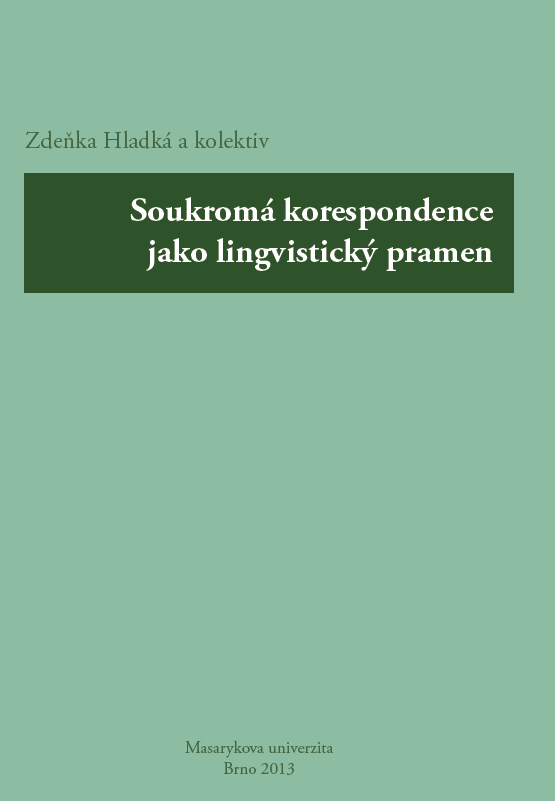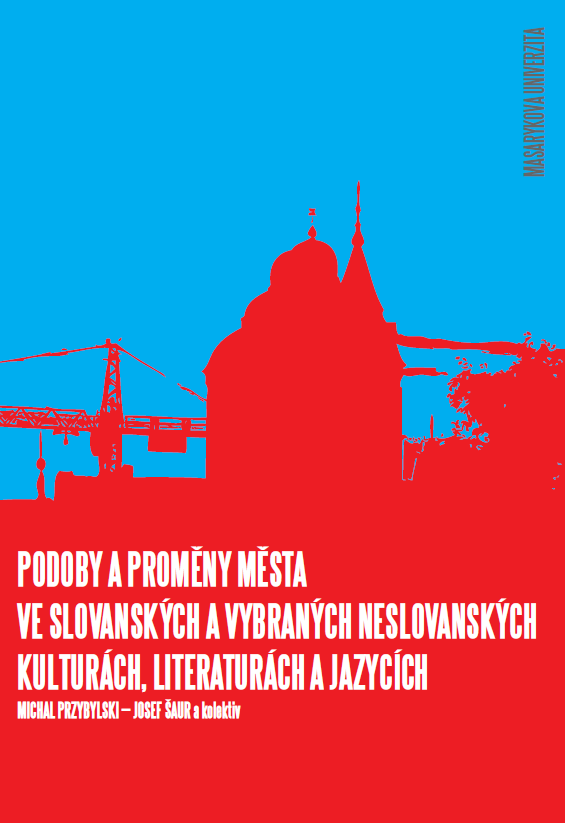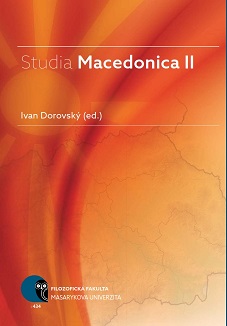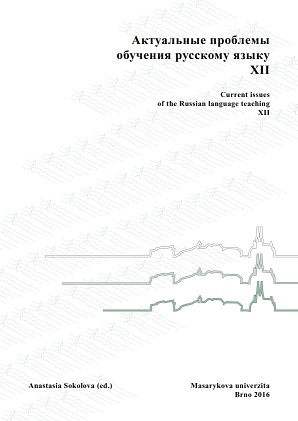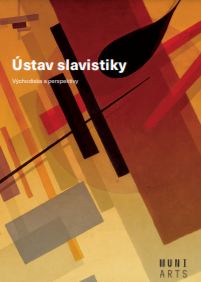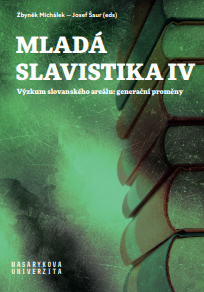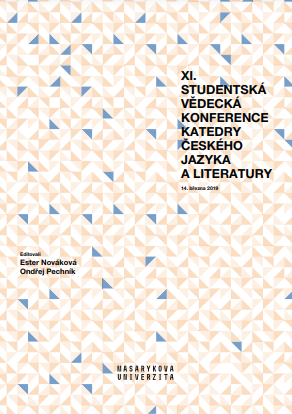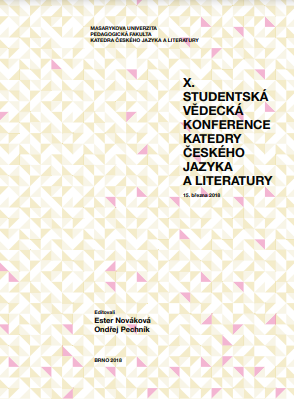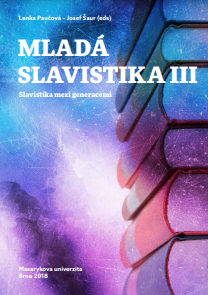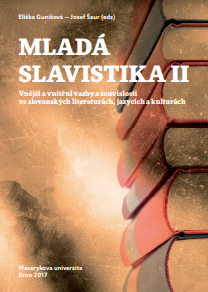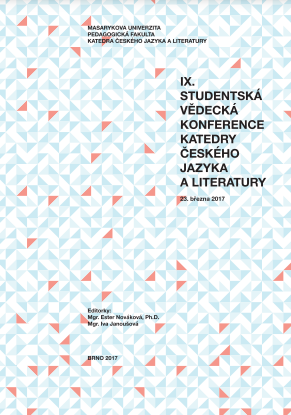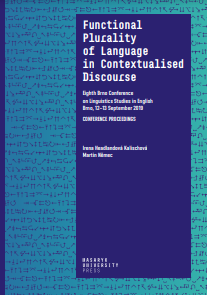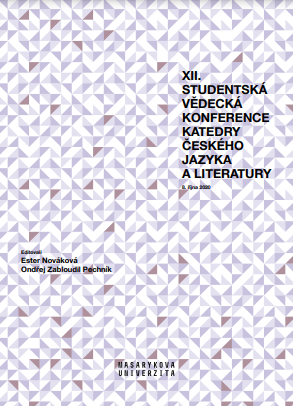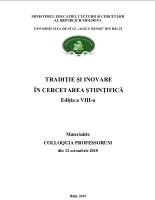
Повествовательные формы новейшего русского романа
The Russian novel of the beginning of the twenty-first century is characterized by a variety of discursive practices, a variety of idiolect (individual style of the writer), various narrative forms which, according to the theory of the English researcher P. Labbock, fall into the following types: “panoramic survey”, “dramatized narrator”, “dramatized mind”, “pure drama”. The article provides a brief overview of the authors’ narrative features and speech practices of the characters in the novels “Laurus” by E. Vodolazkin, “Resident” by Z. Prilepin, “Fortress” by P. Aleshkovsky, “Winter Road” by L. Yuzefo-vich, “Zuleikha Opens her Eyes” by G. Yakhinaand others. Research focuses more on Alexandra Niko-layenko’s lyrical reflections and schizophrenic discourse in the novel “To Kill Bobrykin. The Story of a Murder”, winner of the Russian Booker independent literary prize in 2017.
More...
